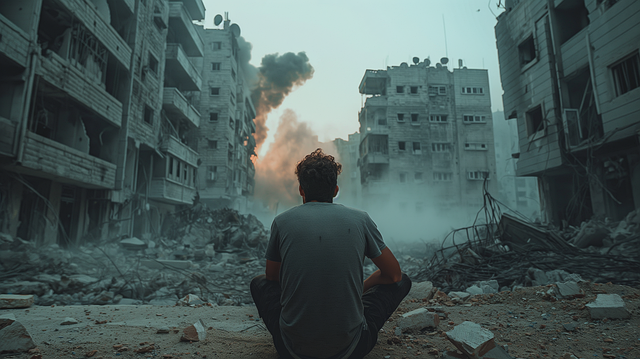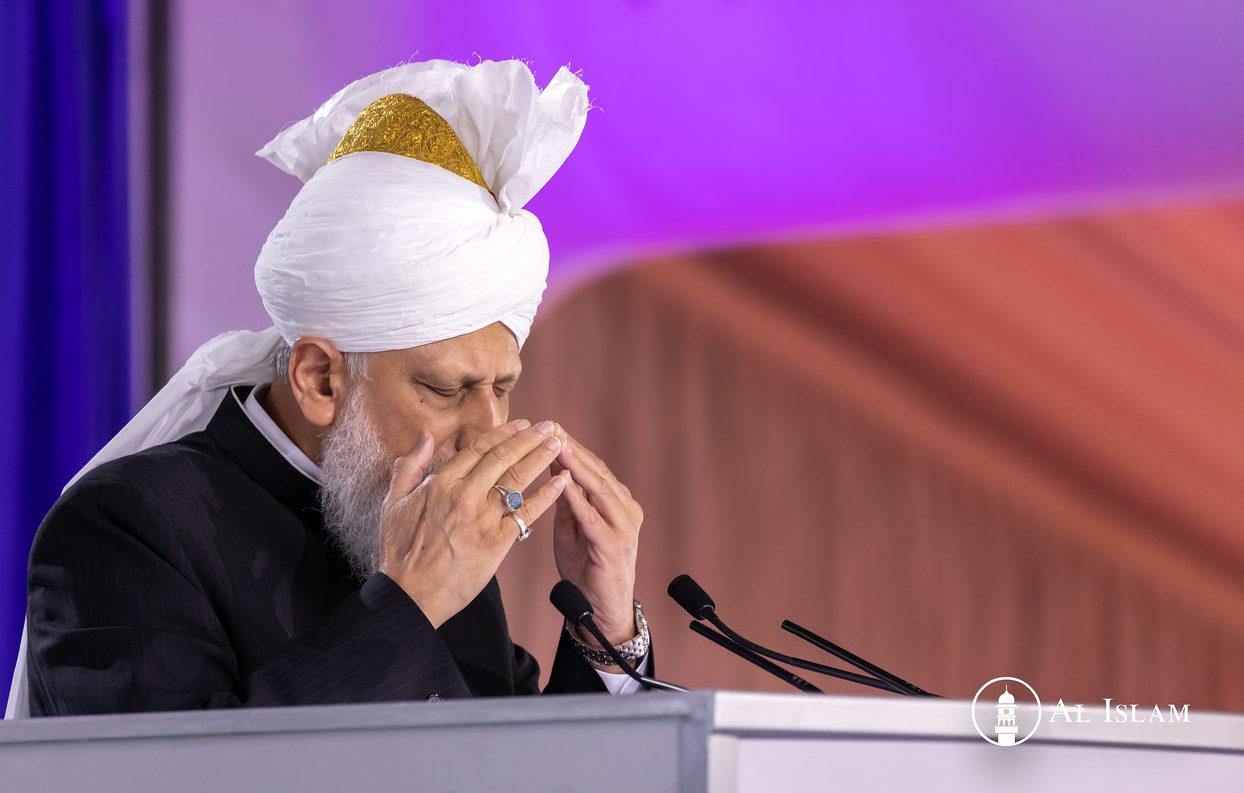The real objective of Ramadan is to make man capable of fulfilling the very purpose of his creation – i.e. to attain the nearness of God.
AALIYA FATIMA, KOLKATA
MAY 9, 2020
There are five pillars in Islam that represent the principle acts of worship. It is incumbent upon all Muslims to observe these acts in order to practise the faith. Among them is fasting, which is obligatory upon Muslims to observe in the month of Ramadan, the ninth month in the Islamic lunar calendar.
The concept of fasting as an act of worship can be found in almost all religions of the world, though the mode of fasting and its conditions may differ among each. However, a significant reform Islam brought about in the institution of fasting is with regard to its meaning and purpose. Earlier, fasting denoted mourning and sadness. For instance, Lent in Christianity is a period of grief that precedes Easter celebrations. Jews observe Yom Kippur as a day to afflict the soul. Islam, on the other hand, does not approve of this doom-and-gloom concept of fasting. Instead, it is an act of high virtue in the sight of God. In contrast to being an act of atonement, fasting in Ramadan is a means to attain moral and spiritual excellence and is an observance, of which God Himself will be the reward[1].
Islamic fasting begins with the onset of dawn and lasts until dusk. During this period, a person is commanded to abstain from eating and drinking altogether. The physical relationship between husband and wife is also prohibited while fasting. Nevertheless, it is permissible for them to have intercourse at night during Ramadan. Similarly, a Muslim should also refrain from vain talks and activities and spend their time mostly remembering God. However, engaging in day-to-day activities, such as attending jobs and occupations, is allowed.
Apart from physical struggle, increased indulgence in spiritual activities and acts of worship are also essential to fasting. During Ramadan, Muslims increasingly spend their time praying and reciting the Holy Quran.
The word ‘Ramadan’ is the dual form of the root word ‘ramada’, meaning intense heat or burning. Hence, Ramadan is the coming together of the heat of the physical struggle and the spiritual heat of self-reformation. It will be of no use for a person to stay hungry and thirsty if he ignores the true objective of fasting, which is to purify their soul.
The Holy Quran states explaining the purpose of fasting:
“O ye who believe! fasting is prescribed for you, as it was prescribed for those before you, so that you may become righteous.”[2]
That is, the fundamental objective of Islamic fasting is to attain righteousness. While fasting, Muslims abstain from things that are otherwise lawful for them. However, Islam has also made fasting easy to observe and has specified rules accordingly. Hence, the Quran states:
“The prescribed fasting is for a fixed number of days, but whoso among you is sick or is on a journey shall fast the same number of other days; and for those who are able to fast only with great difficulty is an expiation — the feeding of a poor man. And whoso performs a good work with willing obedience, it is better for him. And fasting is good for you, if you only knew.”[3]
That is to say, unlike other religions, Islam has not prescribed fasting to make man experience hardship. Hence, it is further stated:
“Allah desires to give you facility and He desires not hardship for you, and that you may complete the number, and that you may exalt Allah for His having guided you and that you may be grateful.”[4]
In other words, the underlying principle behind the hardship of hunger and thirst that a person experiences while fasting is not that God wishes to inflict pain upon them. Rather, it carries a myriad of advantages. While fasting includes many benefits for a person in terms of health, it also helps them understand the sufferings of the destitute.
Hence, it is reported that the Holy Prophetsa was the most generous of all people. However, he would become even more generous during Ramadan[5]. Following this blessed model, Muslims also engage in alms-giving, especially during Ramadan. In this way, Ramadan inculcates in Muslims a spirit to spend from their wealth in order to fulfil the needs of the poor and the deprived.
Another distinctive feature of Islamic fasting is that it is prescribed in the lunar month of Ramadan. As a lunar year is roughly ten to twelve days shorter than a solar year, Ramadan keeps changing around the entire solar year. That is, Muslims all across the globe will have some ages of easy fasting and some strenuous fasting. This creates a universal balance for the worshippers.
The real objective of Ramadan is to make man capable of fulfilling the very purpose of his creation – i.e. to attain the nearness of God. In this sense, the true spirit of Ramadan does not end while the month ends. Instead, it acts as a training camp in which our moral and spiritual faculties are enhanced so that we can lead a truly virtuous life.
The author is the General Secretary of AMWSA (Ahmadi Muslim Women Students Association), Kolkata. She is also a member of Noorul Islam Committee Lajna, Kolkata.
END NOTES
[1] Sahih al-Bukhari, Kitab as-Saum (Book on Fasting)
[2] Holy Quran 2:184
[3] Holy Quran 2:185
[4] Holy Quran 2:186
[5] Sahih al-Bukhari, Kitab al-Manaqib (Book on the Merits of the Holy Prophetsa)












0 Comments